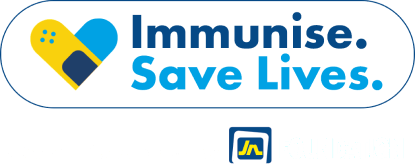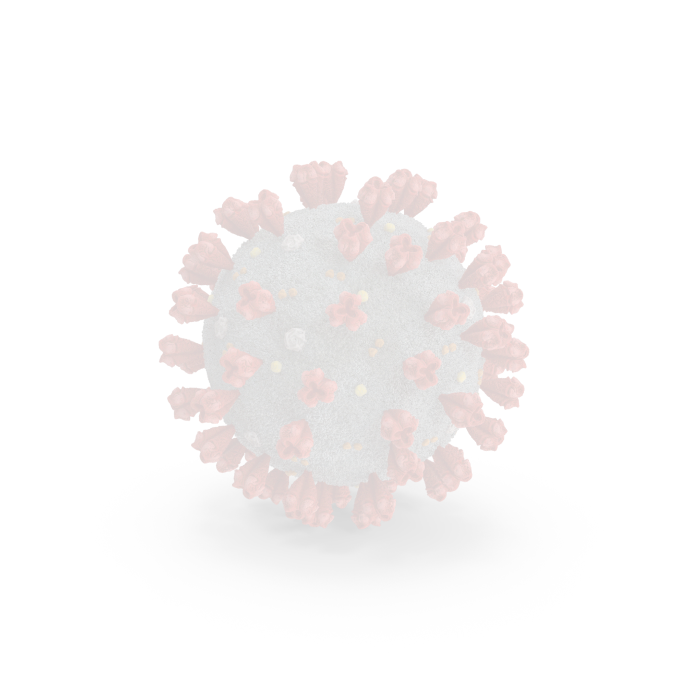
Bring back good old Jamaican life to our communities. Make the decision to get immunised.
It starts with you!


Bring back good old Jamaican life to our communities. Make the decision to get immunised.
It starts with you!

Immunisation is our best defense against COVID-19. Get immunised today.
Approximately 1,302 persons vaccinated at our Petersfield, Mandeville and Clarendon immunisation sites.
1211 entries in our immunisation rewards incentive
As an organisation, our purpose goes beyond offering people an opportunity to save in a savings account and obtain financial and other services.
We are focused on enriching the quality of life of Jamaicans and enhancing their outcomes, so that, together, as one people, we can achieve endless possibilities.
In support of the National Vaccination Programme, we have launched the "Immunise. Save Lives 90-day campaign" to arm you with information, so that you can make the best decision to protect yourself and your family, and place our country back on track to achieving its development goals.
During October – December 2021, 200 persons who were immunised during the three month period, were rewarded each month with J$2,500 on a JN Money Card!
Our Immunise..Save Lives campaign included a number of activities:
'No mek trouble tek you'! Immunise. Save Lives.
The decision starts with you!
FACT: There is no vaccine that protects 100 per cent of people 100 per cent of the time against any disease, says the World Health Organisation’s Dr Katherine Obrien, Director of the Department of Immunization. There is an expectation that in any vaccination programme, there will be instances, although rare, when there will be cases of disease among people who are fully vaccinated, but it doesn’t mean the vaccines are not effective.
IT’S IMPORTANT TO GET IMMUNISED because:
For more visit the WHO.
FACT: Hydroxychloroquine or chloroquine is often used in the treatment of diseases, such as malaria, lupus erythematosus, and rheumatoid arthritis. It is being researched as a possible treatment for COVID-19. However, according to the WHO, the evidence so far shows that it does not reduce deaths among hospitalised COVID-19 patients, nor does it help people with moderate disease, as more research is needed in this area.
The use of hydoxychloroquine and chloroquine where not indicated and without medical supervision can cause serious side effects and should be avoided.
FACT: The WHO confirms that nutrients, such as vitamin D, C and Zinc are critical for a strong immune system, but taking these supplements, whether from foods rich in the nutrients or from other sources, will not cure COVID-19.
It’s important to maintain a strong and healthy immune system, but getting immunised by taking a vaccine, will assist to train your body how to recognise and fight the virus in the event of an infection. Vaccines are highly effective.
FACT: This rumour has largely centred on vaccines, which use mRNA technology, particularly the Pfizer/ BioTech and Moderna vaccines.
All approved COVID-19 vaccines available are designed to help your body’s immune system fight the coronavirus. It is true that the messenger RNA enters cells, according Johns Hopkins Medicine in the United States, but it does not enter the nucleus of the cells, which is where DNA is housed. The mRNA causes the cell to make proteins to stimulate the immune system, and then it quickly breaks down — without affecting your DNA.
The World Health Organisation’s Dr Katherine Obrien, Director of the Department of Immunization, adds that mRNA cannot change into DNA, nor can it change DNA.
FACT:
Johns Hopkins Medicine in the United States of America outlines some reasons the vaccines were seemingly developed so quickly:
FACT: The mRNA technology behind some of the new coronavirus vaccines has been in development for almost 20 years. Vaccine makers created the technology to help them respond quickly to a new pandemic illness, such as COVID-19.
FACT: All approved vaccines are safe. According to the World Health Organisation all substances contained in vaccines are rigorously tested.
The Moderna and Pfizer/ BioTech vaccines contain mRNA and other normal vaccine ingredients, such as fats (which protect the mRNA), salts, as well as a small amount of sugar. These COVID-19 vaccines were not developed using foetal tissue, according Johns Hopkins University, and they do not contain any material, such as implants, microchips or tracking devices.
FACT: Persons who are vaccinated still need to practise all the infection prevention precautions, health experts agree. Therefore, continue to wear your mask and maintain a distance of at least six feet from people outside your household, until a sufficient portion of the population is immunise.
According to Johns Hopkins, vaccines do not stop the coronavirus from entering your body, they only prevent you from developing moderate to severe COVID-19.
FACT: Speaking recently on radio, Dr Melody Ennis, Director of Family Health Services in the ministry explained that the Oxford/ AstraZeneca vaccine, which were recently administered to Jamaicans uses a viral vector containing a “harmless virus” which has been “purified.”
Johns Hopkins Medicine in the US explains that the vaccines only instruct your cells to reproduce a protein that is part of the SARS-CoV-2, the coronavirus that causes COVID-19. This helps your body to recognise and fight the virus, if you ever contract it. The protein that helps your immune system recognise and fight the virus does not cause infection of any sort.
However, it is possible for you to get infected with the virus before the vaccine has had time to fully protect you, the health ministry says.
FACT: The COVID-19 vaccine will not affect fertility. According to Johns Hopkins, the COVID-19 vaccine encourages the body to create copies of the spike protein found on the coronavirus’ surface. This “teaches” the body’s immune system to fight the virus with the specific protein spike.
In fact, the World Health Organisation goes further to say there is no vaccine that causes infertility.
However, if you contract COVID-19, the disease can possibly potentially seriously affect pregnancy and the mother’s health.
FACT: The verdict is still out on this. According to the Mayo Clinic in the US, the current evidence suggests that natural immunity from COVID-19 may not last very long, but more study is needed.
Health experts, therefore recommend getting vaccinated, due the severe risks COVID-19 poses and the fact that re-infection is possible.
However, persons who have had COVID-19 should delay getting vaccinated by at least 90 days after being diagnosed with the disease. You should not get vaccinated if you’re still in quarantine or still having symptoms.

